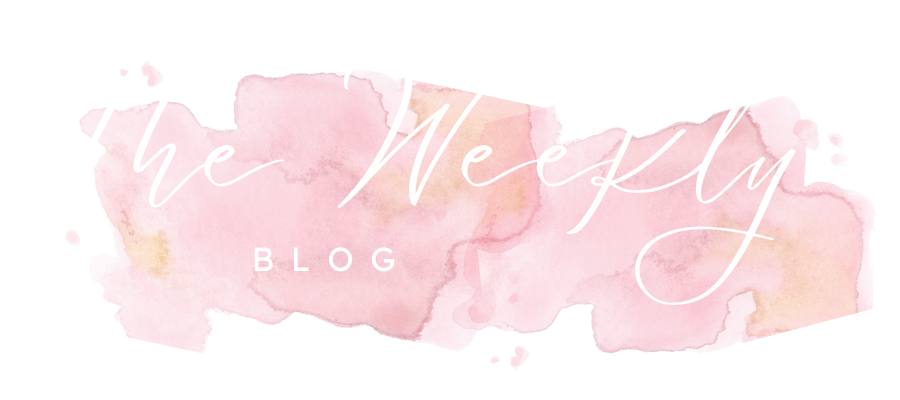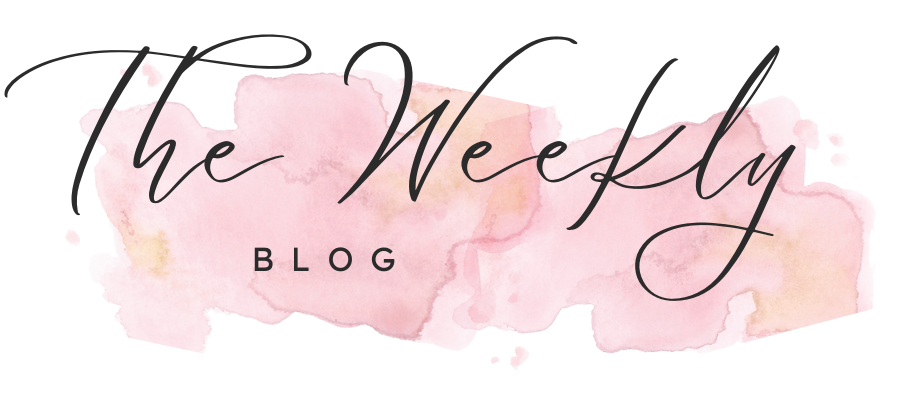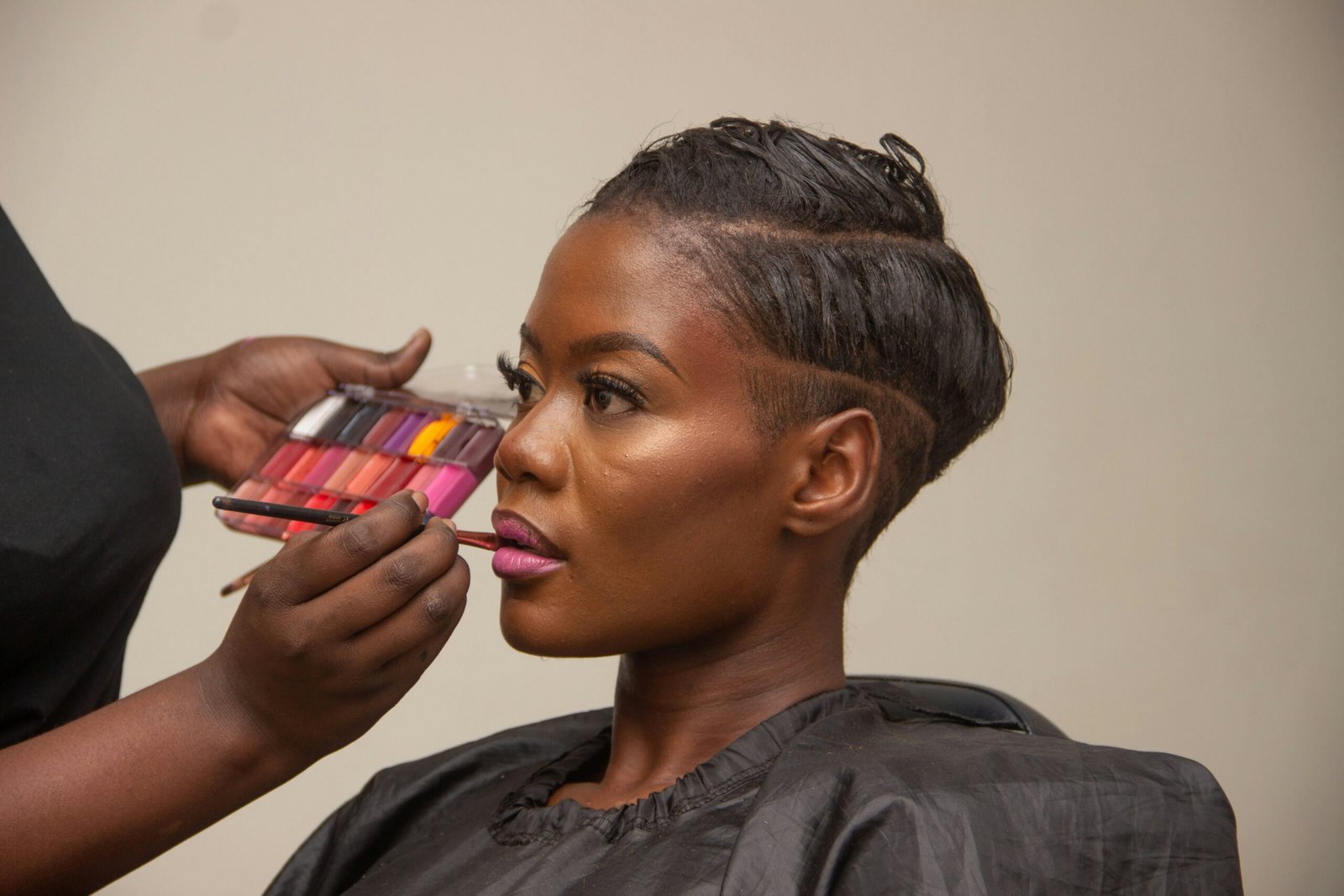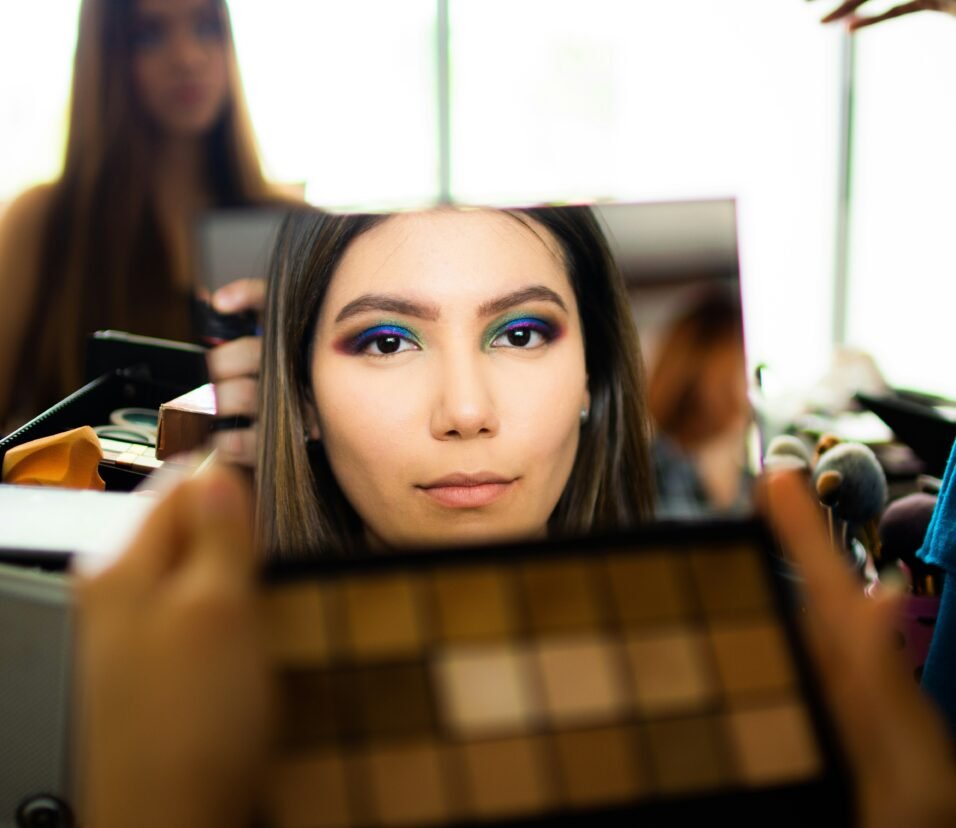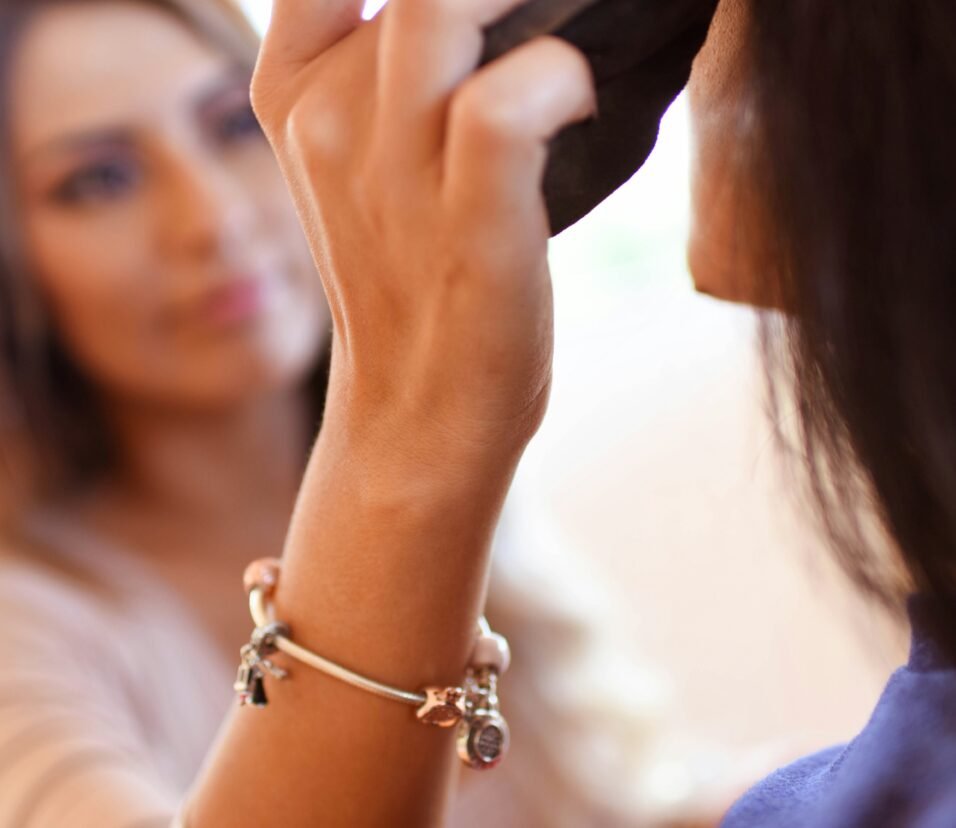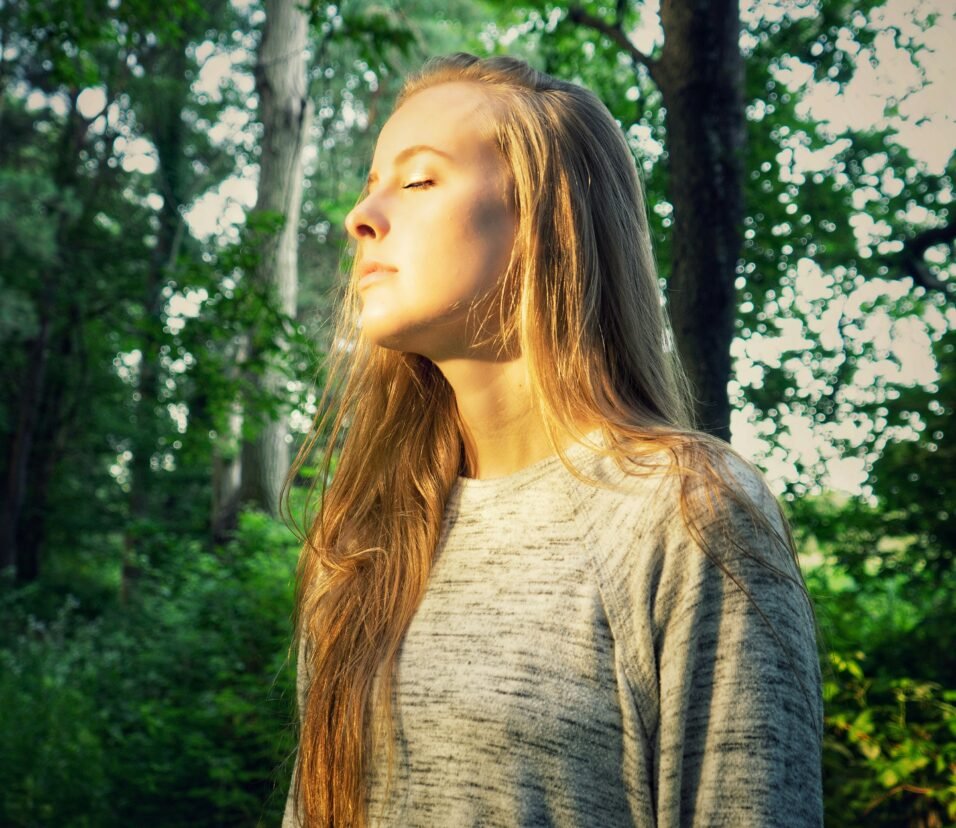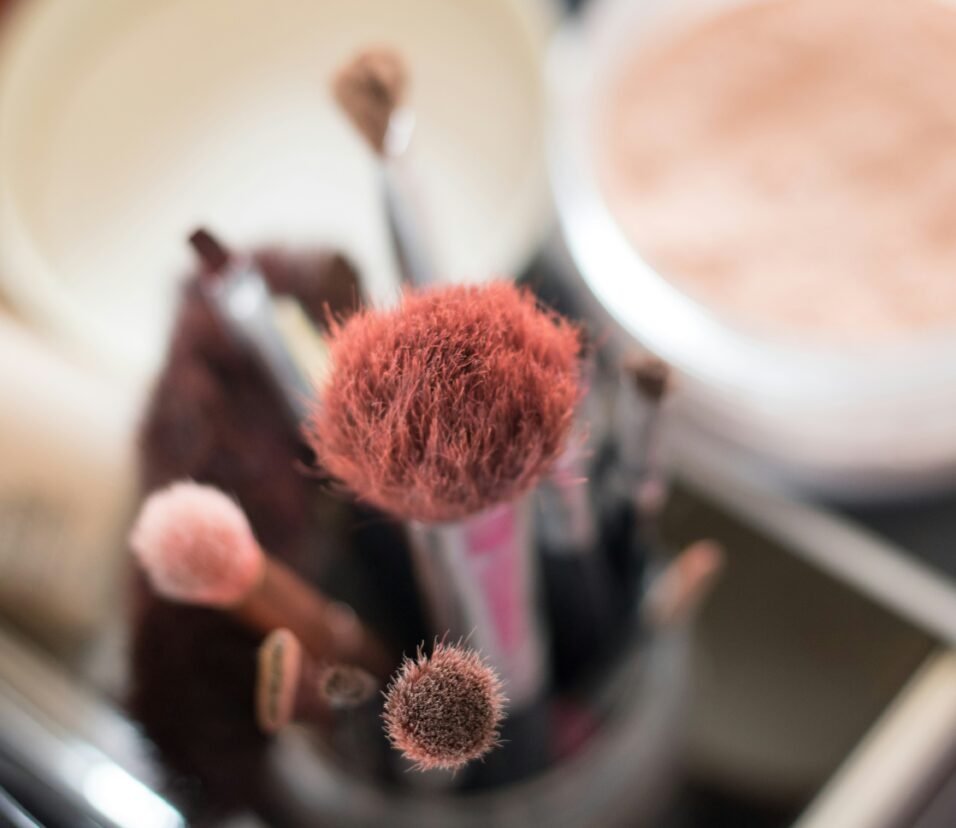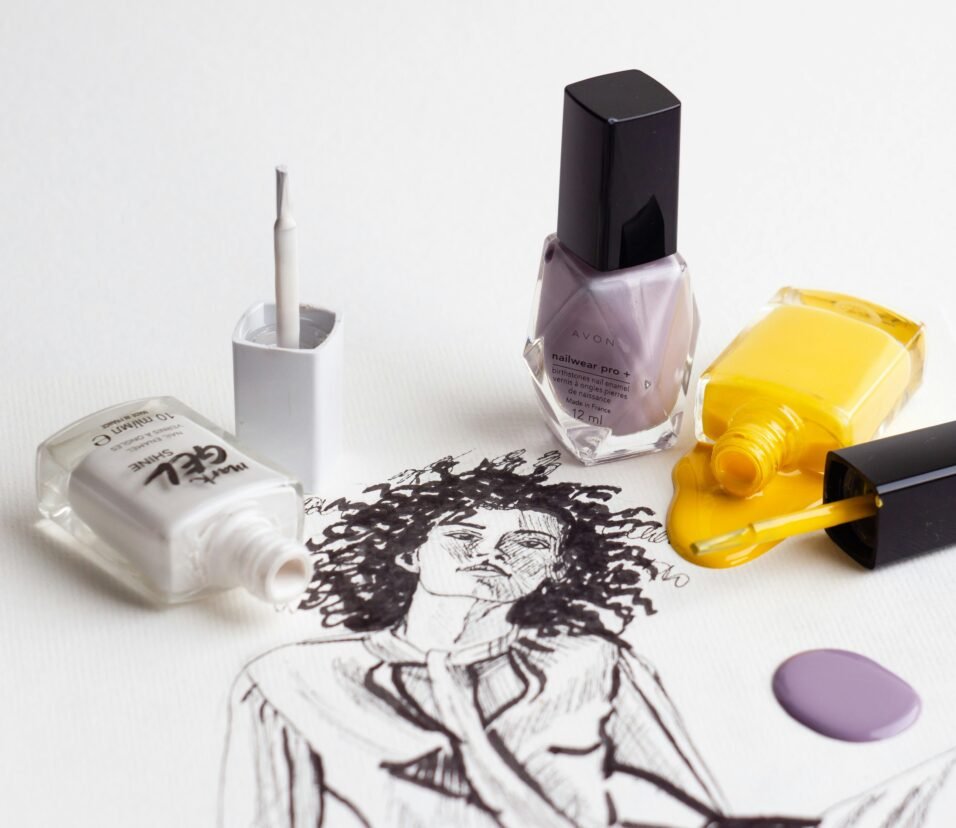How AI and Tech Are Revolutionizing Beauty Products and Personalized Skincare
Gone are the days of generic skincare routines and one-size-fits-all beauty products. In 2025, artificial intelligence (AI) and cutting-edge technology are transforming the beauty industry, ushering in a new era of hyper-personalized skincare and smart beauty solutions. From skin-scanning apps to custom-formulated serums powered by machine learning, technology is helping consumers better understand—and care for—their unique skin.
This blog explores how AI and tech innovations are reshaping the beauty landscape, enhancing product efficacy, consumer experience, and sustainability.
1. AI-Powered Skin Analysis
🧬 What It Is:
AI-based skin analysis tools use machine learning, computer vision, and real-time imaging to scan your face and assess concerns such as wrinkles, dryness, redness, acne, and pigmentation.
📱 Examples:
- L’Oréal Skin Genius and Neutrogena Skin360 analyze selfies to offer real-time skin assessments and product recommendations.
- Skin AI platforms integrated into smart mirrors or mobile apps provide personalized feedback using large dermatological datasets.
✅ Benefits:
- Instant, at-home diagnostics
- Reduced trial-and-error in product purchases
- Tailored recommendations for your evolving skin condition
2. Personalized Skincare Formulations
🧪 What It Is:
AI algorithms analyze your skin type, concerns, climate, and even lifestyle data (like sleep, stress, and pollution exposure) to recommend or create custom skincare formulations.
💡 How It Works:
- Users complete digital consultations via app or online quiz.
- AI matches ingredients and concentrations tailored to individual needs.
- Some brands deliver custom-made serums, moisturizers, or boosters directly to your door.
🧴 Notable Brands:
- Proven Skincare uses a database of over 20,000 skincare ingredients and millions of customer reviews.
- Atolla (now Function Health) adjusts formulas monthly based on your skin’s feedback and climate data.
3. Smart Beauty Devices
🛠️ Devices That Learn and Adapt:
- Smart LED masks adjust light wavelengths based on skin analysis.
- AI-powered cleansing brushes detect pressure and oil levels, adjusting vibration strength accordingly.
- Thermal skin sensors track hydration and temperature for optimized product application.
🌟 Popular Devices:
- Foreo Luna 4 with app-linked routines
- Opte Precision System scans skin and applies pigment precisely where needed
- HiMirror smart mirrors with built-in skin scoring and voice-activated coaching
4. Virtual Try-On & AR in Beauty Shopping
🪞 What It Is:
Augmented reality (AR) and AI let users virtually try on makeup, hair colors, or even skincare effects before purchasing.
🛍️ Apps & Brands Using It:
- ModiFace (by L’Oréal) powers try-ons for dozens of beauty brands.
- Sephora’s Virtual Artist lets you swipe through looks in real time.
- YouCam Makeup applies filters and provides skincare tracking features.
💰 Why It Matters:
- Enhances confidence in purchases
- Reduces returns and waste
- Enables personalized recommendations in real time
5. AI in Product Development
🧠 How AI Helps Brands:
- Predicts market trends and demand using search and purchase data.
- Identifies gaps in ingredient efficacy and improves product formulations.
- Simulates product performance using digital skin twins and testing models.
🧬 Example:
L’Oréal uses AI to model skin’s microbiome and develop formulas that work harmoniously with individual skin flora.
6. Sustainability Meets AI
AI isn’t just improving the consumer experience—it’s also helping the planet.
🌍 Green Benefits:
- Optimizes ingredient sourcing and reduces over-formulation.
- Minimizes returns by improving product-matching accuracy.
- Facilitates refillable and on-demand beauty models that reduce packaging waste.
♻️ Brands Taking Action:
- Function of Beauty offers customizable refills.
- Loop x Ulta supports sustainable product delivery in reusable packaging.
7. AI for Inclusive Beauty
AI now helps ensure beauty tech serves all skin tones and ethnicities—a major leap forward from earlier tech that often failed to recognize or match darker skin tones.
🔍 Advances:
- More diverse training datasets for skin analysis AI
- Inclusive foundation shade match apps
- Brands using AI to scan global user photos for better representation
8. The Future: What’s Next?
- Voice-powered beauty assistants: Think Siri or Alexa giving you a step-by-step routine.
- DNA-based skincare apps: Analyzing your genetic predisposition to aging, acne, and sensitivity.
- AI coaches: Apps that track long-term progress and adapt skincare as you age.
Final Thoughts
AI and technology are redefining beauty—making skincare smarter, more inclusive, and deeply personalized. In 2025, it’s not just about what you put on your face, but how well it’s chosen, formulated, and adapted just for you.

